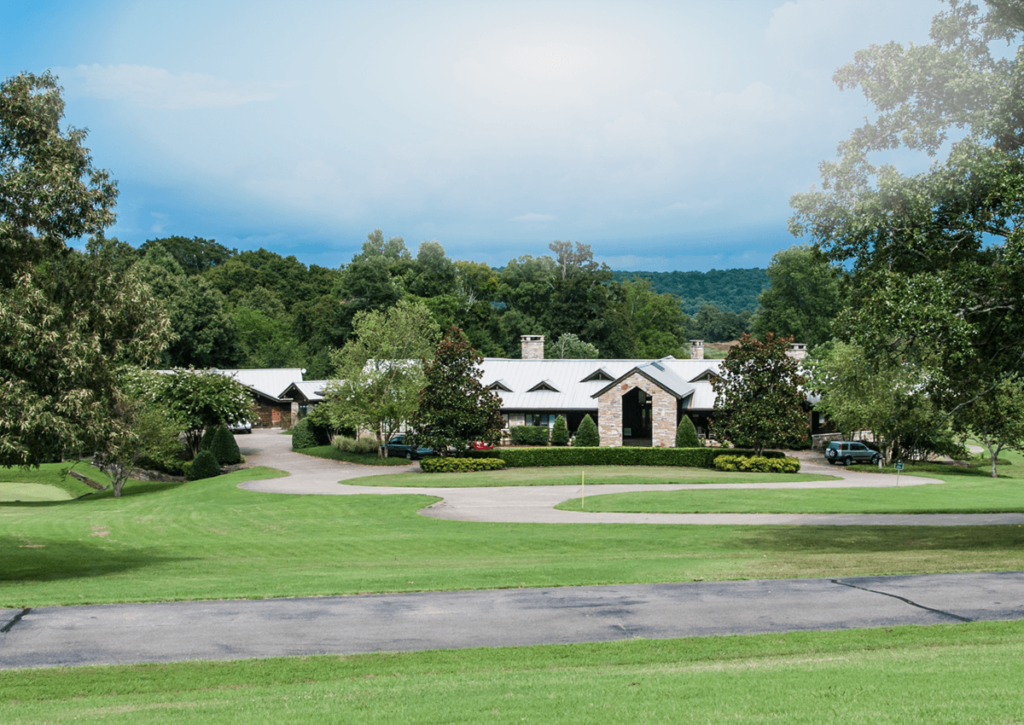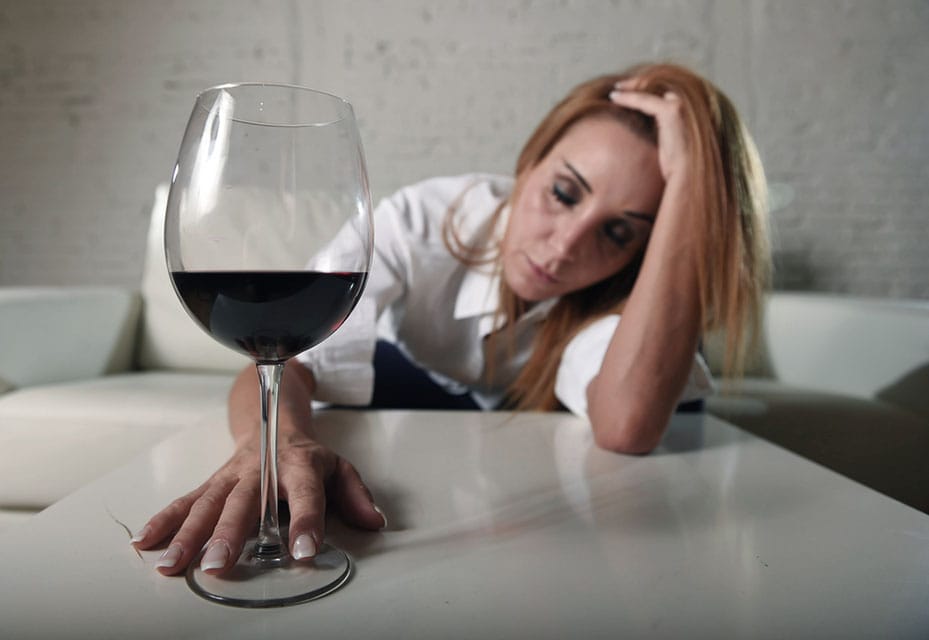Life as an atheist or agnostic in recovery may seem isolating at first glance. A higher power or deity is often strongly associated with mutual aid support groups like Alcoholics Anonymous (AA) and Narcotics Anonymous (NA). But the truth is that there are many ways those who don’t believe in a higher power can still benefit from these groups and find fellowship and support to stay sober.
One Atheist’s Experience in AA
John S. is an atheist and recovering alcoholic who came into AA in July 1988 and practiced the program as a believer. After 25 years, he realized that he was an atheist and at that point began to express his recovery in secular terms. “I spent a lot of time speaking like everyone else was speaking,” John says. “I realized I was an atheist and started talking about the program from this new perspective and got a lot of pushback.” Feeling uncomfortable in his current group, John started “We Agnostics” in Kansas City. Ever since, he has been part of a growing number of groups and resources for agnostics in AA. In addition to his work with these AA groups, John helps manage a website and hosts a podcast popular in the secular AA community called “AA Beyond Belief.”
Making the 12 Steps Work as an Atheist or Agnostic
While there are thousands of secular mutual aid support groups around the world, online agnostic AA meetings and forums, as well as 12-step alternatives such as SMART Recovery, LifeRing and Refuge Recovery, nonbelievers could find themselves in traditional 12-step groups depending on their circumstances — if they’re in a drug or alcohol rehab grounded in 12-step meetings or in a particular region, for example. Maybe they live in a small town or are traveling outside of their local community where agnostic meetings aren’t offered and they prefer an in-person group to an online forum. This shouldn’t prevent anyone from getting the help they need. “The big obstacle for some [atheists] is they think you must have a belief in a higher power. It doesn’t necessarily mean that,” John says. He explains that it’s really about getting to that point where you realize you have a problem that is bigger than you can handle on our own. You turn for help wherever that might be: AA, a therapist or an addiction treatment program. John offers some ways you can adjust your experience in a traditional AA meeting and find support as an agnostic or atheist in recovery.
Revise the Language for Your Needs
The 12 steps originated from Alcoholics Anonymous: The Story of How Many Thousands of Men and Women Have Recovered from Alcoholism (aka “The Big Book”) by AA cofounder Bill W. Six of the 12 steps refer to God or a higher power. If you can’t get past these references, try rewriting them in a way that resonates with your personal values. John created a secular version of the steps. For example, Step 5 reads: “Admitted to God, to ourselves and to another human being the exact nature of our wrongs.” John’s version simply omits the phrase “to God.” Step 5 still works for him because he believes there is something innately healing about being honest with ourselves and sharing our struggles with other humans, whether that is a therapist, AA members or others. Research backs up the benefits of self-disclosure to other people. Opening up to others about our painful experiences can help us overcome shame and begin mending emotional wounds, with or without God.
Be Honest About Your Nonbelief
Be upfront about your viewpoints from the beginning. “If you’re not honest about your beliefs, you’re not going to meet someone who shares your beliefs, and they’re usually there,” John says. Alcoholics Anonymous and Narcotics Anonymous don’t require you to believe in a certain way. “Most people in AA are very welcoming and open to agnostics and atheists. It’s the minority of the people who give us a hard time,” John says.
Focus on Other People
In meetings, John concentrates on his connection with others, not a higher power. “My higher power is the people in the room. It’s the experience of the people in the room that can support me and my desire to stay sober,” he says. When John feels uplifted after a meeting, he attributes it to the emotional high he gets from the support of others in AA. Other people in the room may attribute that same feeling to spirituality or a higher power. “So often in those meetings, it’s language. We’re doing the same thing but we’re describing it differently,” he says. Try focusing on fellowship and the actions behind the words. Appreciate the language as a way to convey an idea without taking it literally.
Don’t Jump to Judgment
Don’t judge AA or NA by the first meeting you attend. Every meeting is different. If one meeting doesn’t resonate with you, give it another shot, or try out a different meeting. For example, some meetings close with the Lord’s Prayer. This can be uncomfortable for an atheist or agnostic. If you find yourself in a meeting with the Lord’s Prayer, John has some advice. “I would encourage the newcomer to be honest about their nonbelief and if they are not comfortable reciting the prayer, to know they are free to abstain,” he says. “They can either stand there quietly as the others pray or simply leave the room.”
Connect With Other Agnostics/Atheists
You’ll likely find other atheists and agnostics in traditional Alcoholics Anonymous and Narcotics Anonymous meetings. Also know that there are many resources, agnostic AA groups, online agnostic forums and groups, social media communities, books, podcasts, conferences and events where you can connect with likeminded people in recovery. Additionally, alternative groups like SMART Recovery and Refuge Recovery are growing in number. If you’re in a 12-step-based treatment program, you can still benefit from the fellowship and core principles of the 12 step programs. If you choose to seek out more secular options when you leave drug rehab, there are plenty available.
Remember, We’re All in This Together
The bottom line is that people in mutual aid support groups have much more in common than they might think. Whether your path to sobriety involves a higher power or not, the benefits of the connection, support, honesty, acceptance and accountability you’ll find in these communities can help you stand strong in sobriety. John says that the rooms of AA can sometimes be uncomfortable for an atheist or agnostic, but it’s not impossible to make it work. “Once we’re in that room, the real connection with the people has a way to make the other stuff less important,” he says.


